Rental Property Maintenance Myths
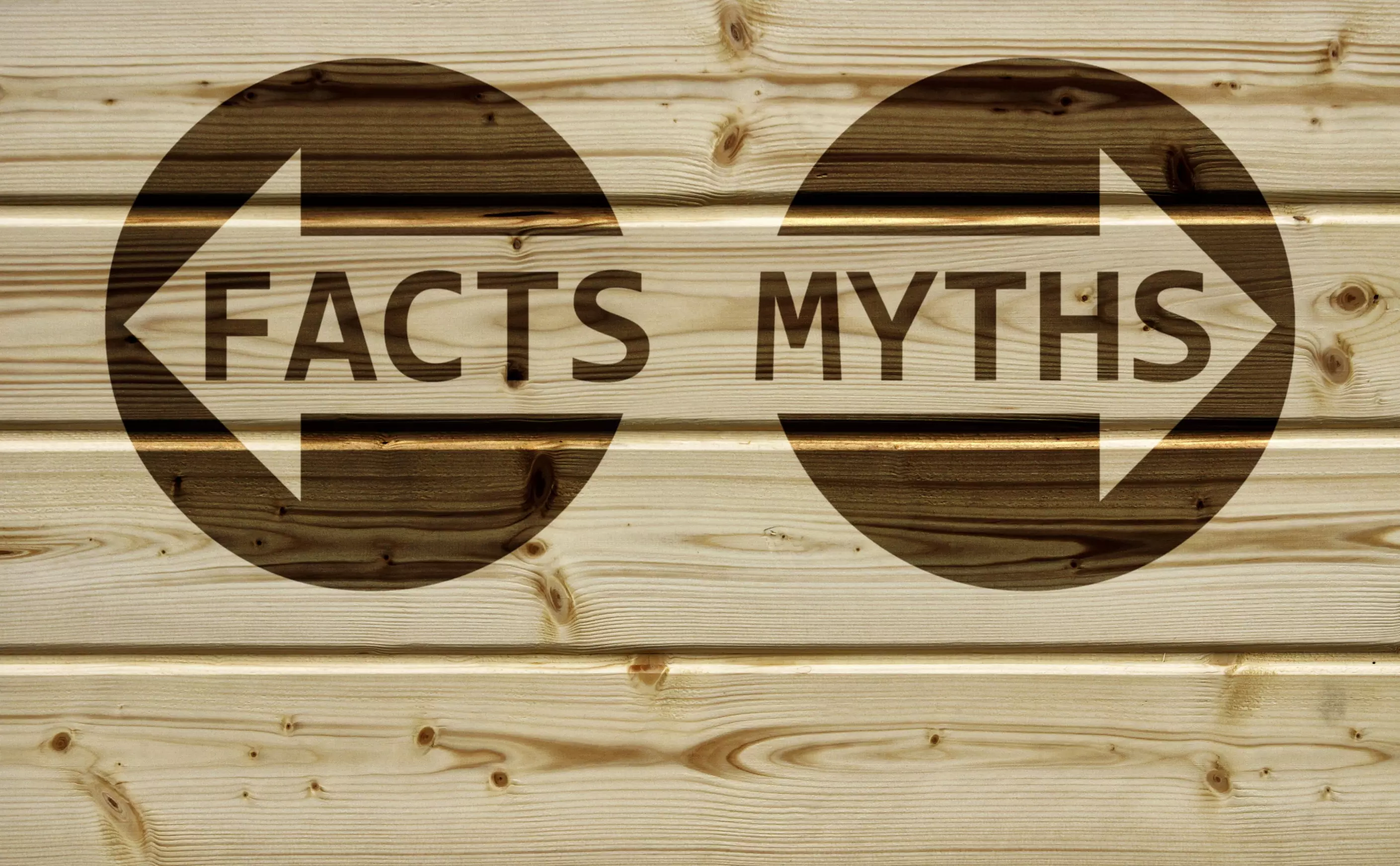 There are several recurring rumors regarding rental repairs, and many misinformed myths misconstruing maintenance matters. While the need to perform maintenance and repairs on rental property is inevitable, they do not have to be nightmares. So let’s clear up some of the most common rental property maintenance myths:
There are several recurring rumors regarding rental repairs, and many misinformed myths misconstruing maintenance matters. While the need to perform maintenance and repairs on rental property is inevitable, they do not have to be nightmares. So let’s clear up some of the most common rental property maintenance myths:
Rental Property Maintenance Myth #1: Do-it-Yourself Repairs Always Save Money 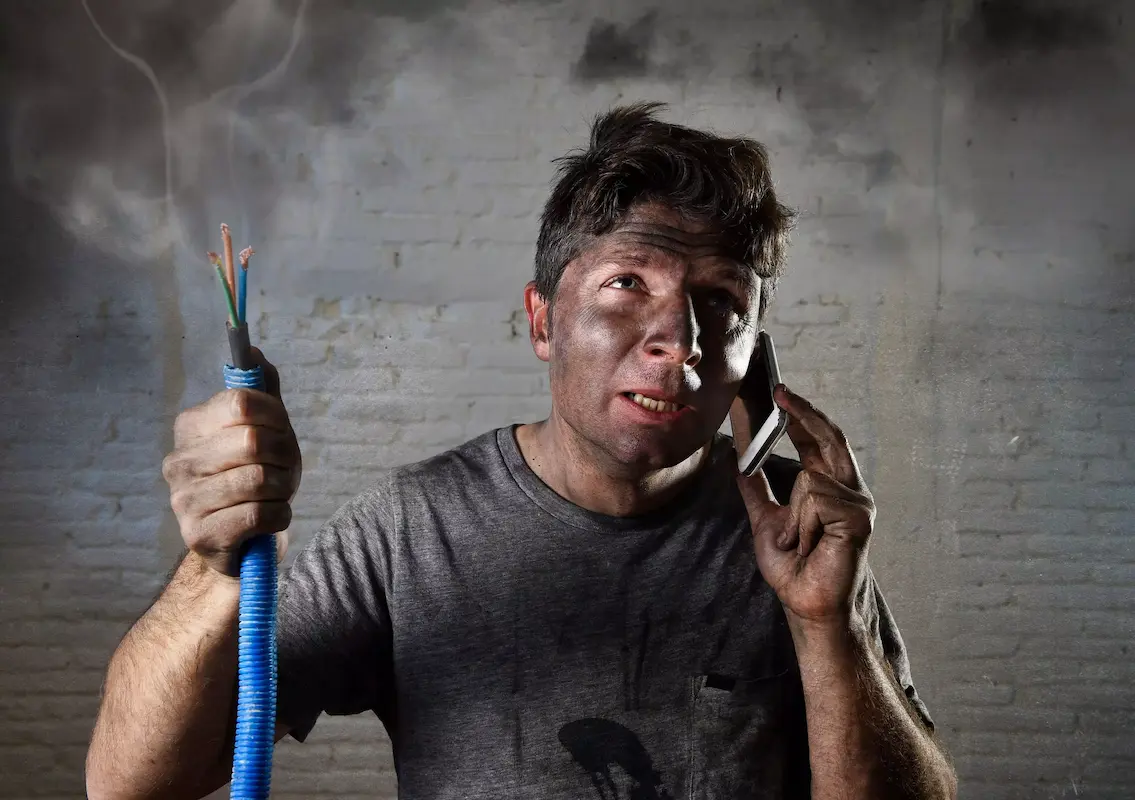
Being able to take care of your own repairs around the house definitely comes in handy, and can be a great way to save a few bucks when managing a rental property. If you’re a skilled handyman and can handle small repairs, basic plumbing tasks or appliance fixes, by all means save yourself from calling a local tradesman to make the convenience call. However, from the wisdom of Kenny Rogers, “You’ve got to know when to hold ‘em, Know when to fold ‘em.” Rumor has it that Kenneth wrote this song based on his experience watching his carpenter father selectively turn down jobs (ok, only part of that factoid may be true…).
But the counsel still stands; even the best DIY jack- (or jill-) of-all-trades knows when to leave repairs to the pros. Oftentimes, even if you can handle the rental property repair job yourself, does not mean you should. How much is your time worth? Even if you’ve got the time and energy to take care of the repair yourself, often it makes financial sense to let a dedicated professional handle the job. Even the most capable DIY landlords will find themselves in over their head if they try to handle every job. Additionally, your tenants do not care if you are saving money by doing it yourself. If you cannot confidently complete the job quickly, conveniently, and correctly, you owe it to the tenant and yourself to find a qualified technician. Of the things within your control, one of the leading causes cited by tenants leaving a rental property when the lease is up, is because of bad experiences from poor maintenance. The money you might save doing it yourself is often just a delayed (and greater) loss. The same can typically be said about the cost of hiring a full-time property manager. Sometimes it’s just a convenience, but many times the cost of hiring a professional property manager makes the most long-term financial sense as well.
Rental Property Maintenance Myth #2: Tenants are Responsible for Maintenance & Repairs 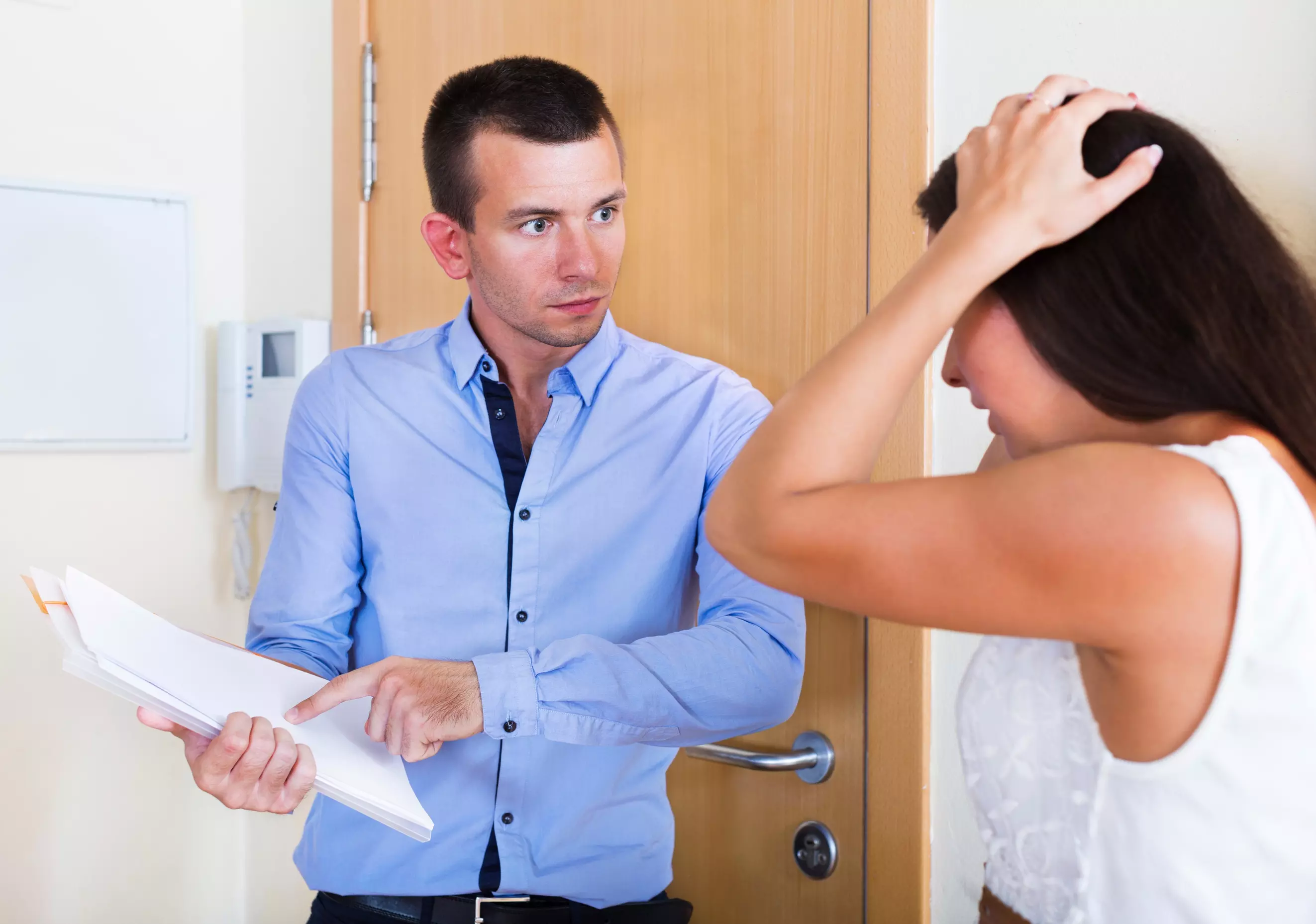 Except in certain cases such as battery and light bulb replacement, maintenance and repairs are the physical and financial responsibility of the landlord.
Except in certain cases such as battery and light bulb replacement, maintenance and repairs are the physical and financial responsibility of the landlord.
Yes, if the tenant throws a baseball through a window, they are responsible. But even then, the landlord should be notified and handle the repair, working with the tenant for the funds, or deducting from a security deposit. But when an appliance breaks down during the tenant’s stay, it’s typically the result of years of normal wear-and-tear, in which case the landlord is responsible for the repair or replacement. Even preventative and regular maintenance tasks that traditionally are left to residents may be better handled by the landlord or property manager. For example, just because your tenants are certainly capable of regularly replacing smoke detector batteries and furnace filters does not mean they will remember to do so. If you are not replacing these items during a regularly scheduled inspection, providing new batteries and filters at regular intervals will encourage your residents to do so. Also, do not forget the outside. Trees grow, gutters accumulate debris, faucets and sprinkler systems leak, and bees build hives. Keep an eye out for small problems inside and out to nip in the bud now, as well as identify potential future problems to either prevent or plan for.
Rental Property Maintenance Myth #3: Replacing vs Repairing 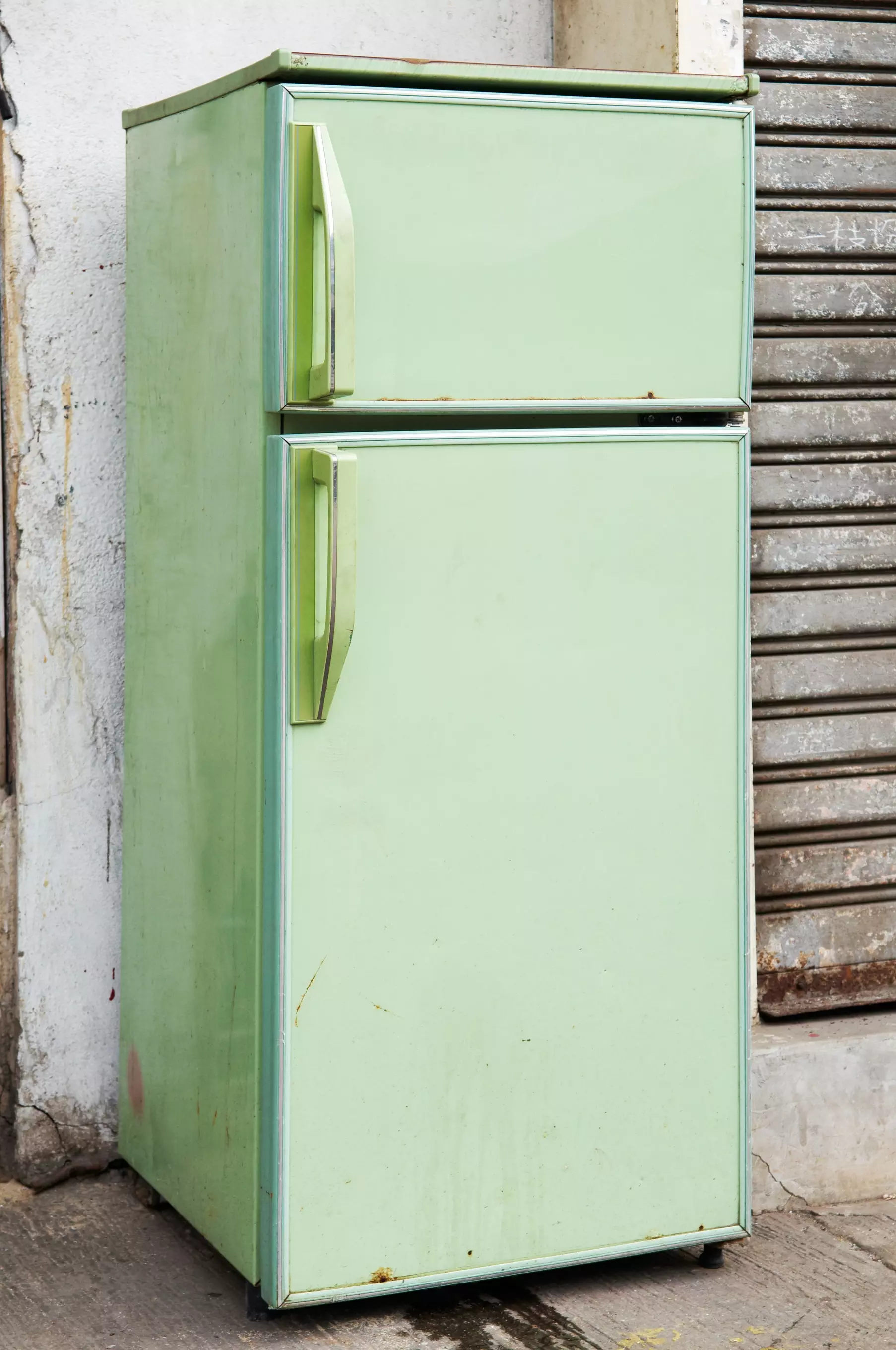 This particular property management myth goes both ways. On one extreme, is the optimist who insists that anything can be repaired, including the avocado-colored refrigerator they bought for the unit that never gave them any problems. On the other end of the spectrum, is the argument that it’s always going to be cheaper to replace than to repair; disposable appliances are the new norm because “they just don’t make them like they used to.” Neither extreme is accurate, and as such, deciding between repairing or replacing a broken appliance depends on a number of factors. Before you fix in a frenzy OR rush to replace, you should consider the age and condition of the appliance or structure, the expected lifetime, previous fixes, and safety concerns (not to mention evaluating what is specifically wrong, if possible). The general rule is if an appliance is older than half of its expected lifespan, and the cost of the repair is over half the cost of replacing (note, not necessarily half the original cost – there is a difference), then you should replace rather than repair. Another reason to consider repairing instead of replacing is for tax purposes. The costs of rental property repairs are deductible that year. Again, as noted already, it is also very important to consider the impact, implications, and impression for your tenants. Consider the repercussions of repairing – losing a good tenant because the repair took too long, took multiple repair calls, and broke again a month later. An ounce of prevention is worth a pound of cure… but a pound of cure trumps seventeen individual ounces of repair.
This particular property management myth goes both ways. On one extreme, is the optimist who insists that anything can be repaired, including the avocado-colored refrigerator they bought for the unit that never gave them any problems. On the other end of the spectrum, is the argument that it’s always going to be cheaper to replace than to repair; disposable appliances are the new norm because “they just don’t make them like they used to.” Neither extreme is accurate, and as such, deciding between repairing or replacing a broken appliance depends on a number of factors. Before you fix in a frenzy OR rush to replace, you should consider the age and condition of the appliance or structure, the expected lifetime, previous fixes, and safety concerns (not to mention evaluating what is specifically wrong, if possible). The general rule is if an appliance is older than half of its expected lifespan, and the cost of the repair is over half the cost of replacing (note, not necessarily half the original cost – there is a difference), then you should replace rather than repair. Another reason to consider repairing instead of replacing is for tax purposes. The costs of rental property repairs are deductible that year. Again, as noted already, it is also very important to consider the impact, implications, and impression for your tenants. Consider the repercussions of repairing – losing a good tenant because the repair took too long, took multiple repair calls, and broke again a month later. An ounce of prevention is worth a pound of cure… but a pound of cure trumps seventeen individual ounces of repair.
Rental Property Maintenance Myth #4: Estimating Rental Property Maintenance Costs 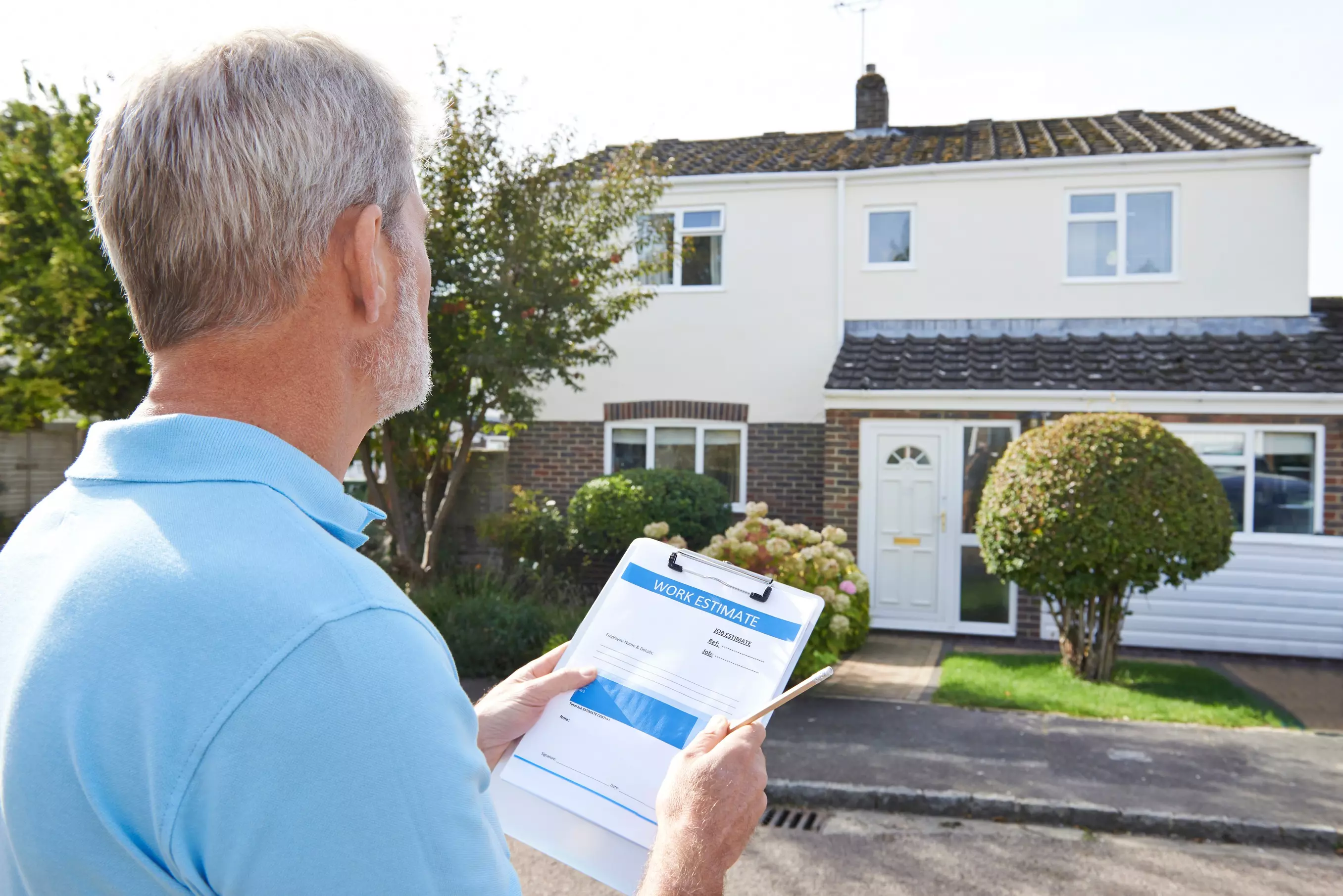 Have you heard of estimating how much money you’ll need to set aside for maintenance on a rental property? Listed below are a few choice formulas for your estimating purposes. Which formula is your favorite?
Have you heard of estimating how much money you’ll need to set aside for maintenance on a rental property? Listed below are a few choice formulas for your estimating purposes. Which formula is your favorite?
- 50% Rule: total operating costs (repairs, maintenance, taxes, insurance) will equal half of your rental property income. So if your property rents for $1,200/mo, you should expect $600 of that to go to keeping the property up and running.
- 1% Rule: maintenance will cost about one percent of the property value per year. So a property valued at $190,000 should cost $1,900 a year to maintain (or $160 a month).
- Square footage formula: Plan on $1 per square foot for yearly maintenance costs. So a 2,200 foot rental should cost roughly $2,200 a year in maintenance costs.
- 5x rule: maintenance costs will average 1.5 times the monthly rental rate. So if your home rents for $1,200, then you should anticipate spending approximately $1,800 a year in repairs.
- Murphy’s Law: anything that can go wrong, will go wrong
While it’s nice to have a rough guess on how much money you should plan on spending on maintaining your rental property, there are just too many variables to accurately estimate. Like the English language, there are exceptions to every “rule.” So use whatever formula you prefer to predict your cost, but keep in mind these two estimates:
- 76% of yearly rental property maintenance and repair costs will be higher than you’ll expect
- 99% of rental property repair and maintenance expenses will be higher than you’ll want
Rental Property Maintenance Myth #5: What Security Deposits Cover Security deposits are a cause of contention for many tenants and landlords, and most of the time the reason is 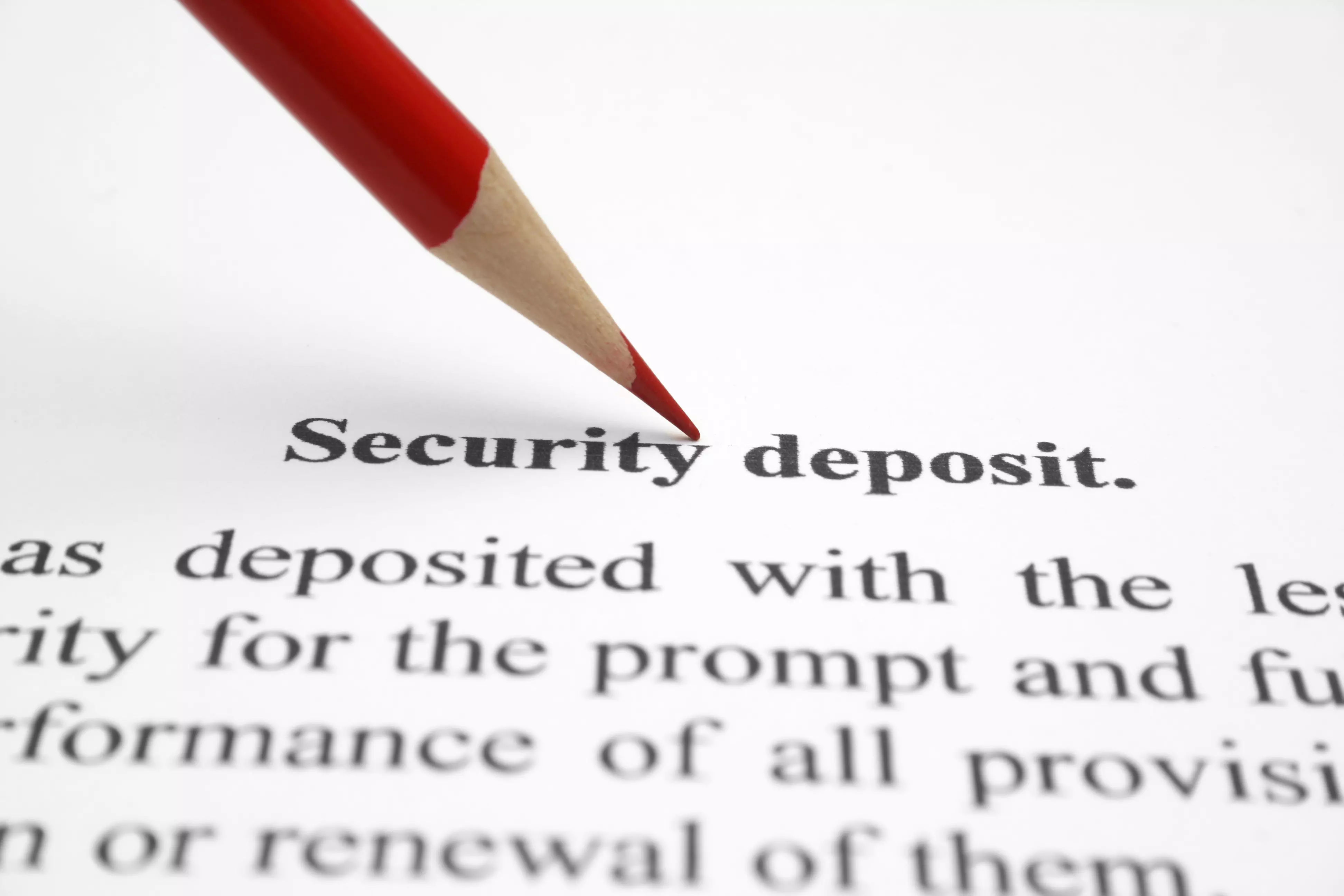 a lack of communication or understanding of what the security deposit is actually for. There are two common myths related to security deposits:
a lack of communication or understanding of what the security deposit is actually for. There are two common myths related to security deposits:
- Tenant Misunderstanding: the security deposit is for the last month’s rent, right? While many landlords ask for a security deposit that equals a month’s rent, that does not mean those funds are earmarked for the last month’s rent. Unless the tenant and landlord specifically work this out together beforehand in writing, the last month’s rent is expected to be paid in full, and the security deposit will be handled separately. Even if the security deposit is to be returned in full, it should not stand-in for the last month’s rent.
- Landlord Misunderstanding: the security deposit can be used for any make-ready, between vacancy repairs and cleaning costs. Wrong again. The security deposit is intended to cover unpaid rent and perform needed repairs or cleaning that result from more than normal wear and tear. Some landlords intentionally stretch this rule; others do so out of ignorance. Regardless, the security deposit should not be used to replace 15 year old countertops or to paint the home after 7 years. Unless severe damage was caused by the tenants’ intentional or negligent behavior, these standard wear-and-tear chores are NOT to be paid for with the security deposit.
Looking for more information on managing your rental property? Please visit our Do-It-Yourself Landlord Center for more tips.
We are pledged to the letter and spirit of U.S. policy for the achievement of equal housing opportunity throughout the Nation. See Equal Housing Opportunity Statement for more information.
Get the Neighborly App
In addition to Real Property Management's expert skills in managing your rental property, you can utilize Neighborly's other brands to maintain and enhance your home. Use the Neighborly App to get connected to local home service professionals. Download and receive offers only available on the App.
Depending on current health and safety regulations in your area, some of the services mentioned in this post may not be available. Neighborly service providers will follow the latest health and safety guidelines provided by the local and state governments. Please check with your local Neighborly service provider for details at the time you need service(s).






